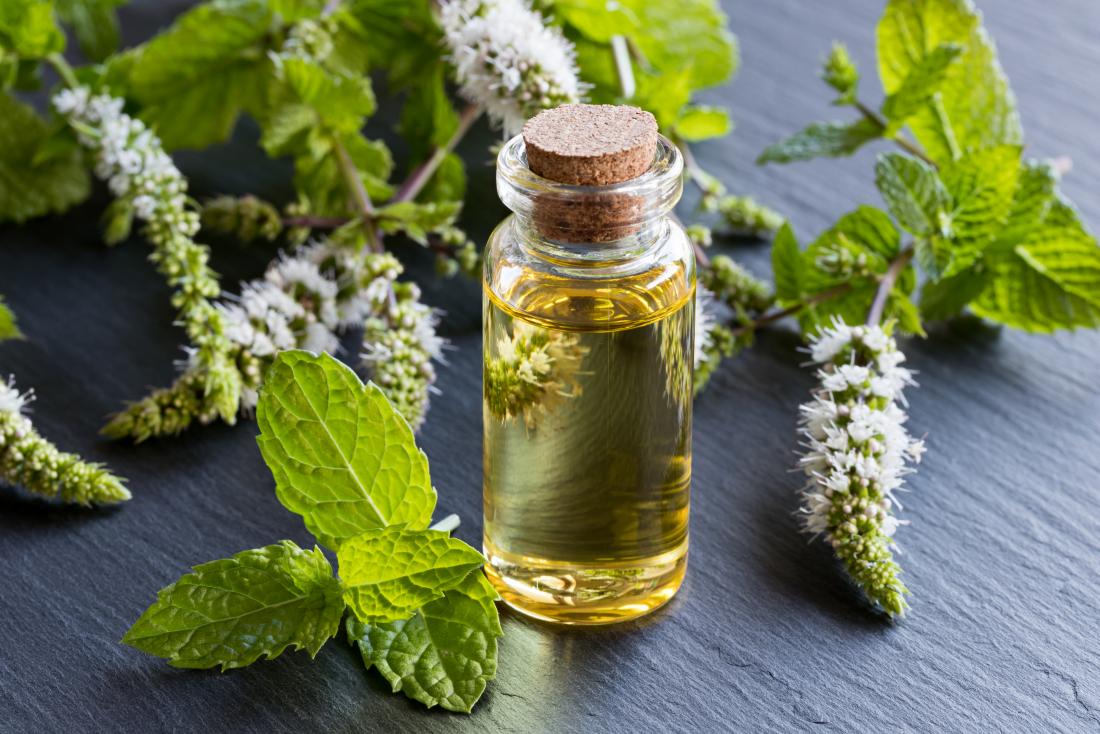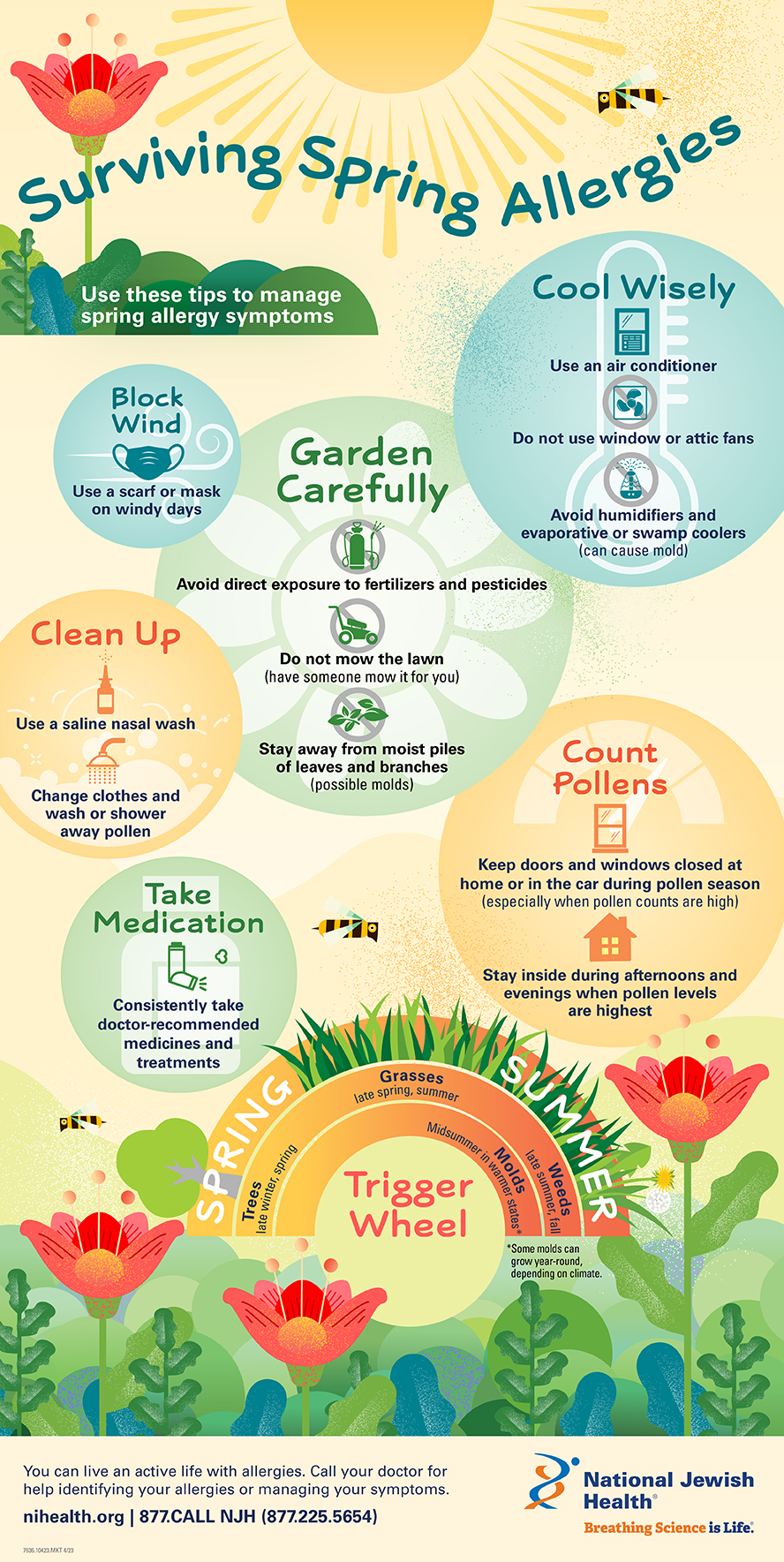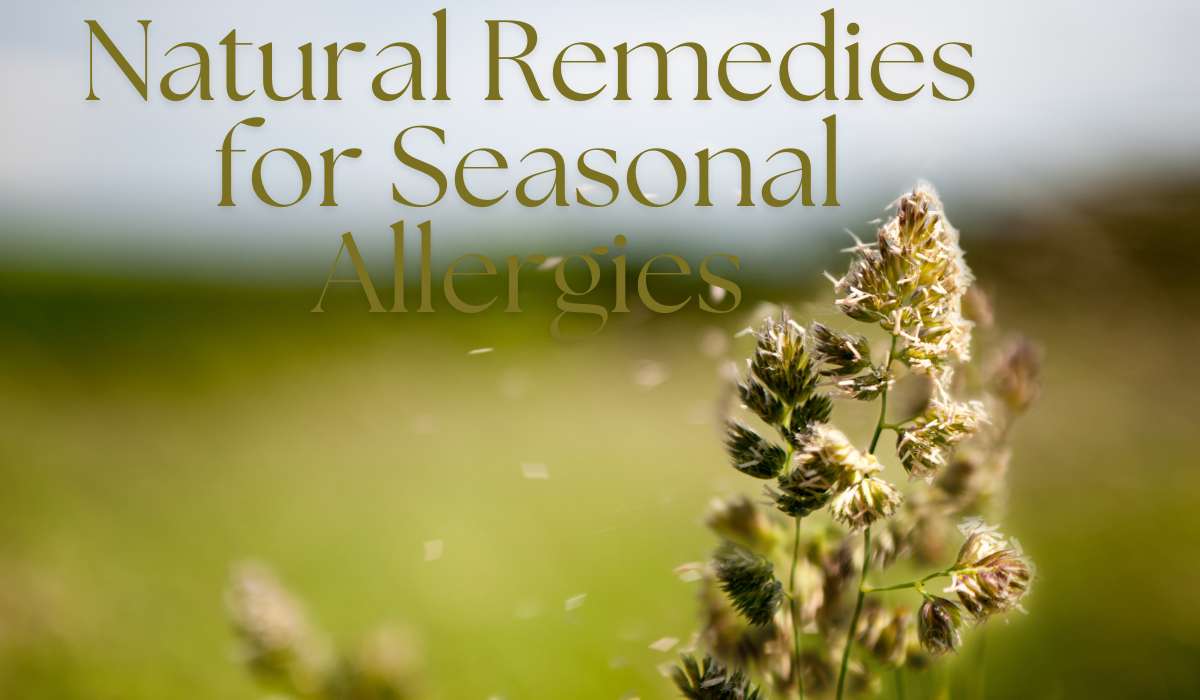Remedies for Seasonal Allergies, also known as hay fever, are allergic reactions that occur during specific times of the year when certain plants release pollen into the air.
Overview of seasonal allergies

Seasonal allergies, also known as hay fever, are caused by an allergic reaction to pollen released by certain plants during specific times of the year. These allergies can cause symptoms such as sneezing, congestion, itchy eyes, and a runny nose. It is important to be aware of the triggers and symptoms of seasonal allergies in order to effectively manage and prevent them. By taking proactive measures and using natural remedies, you can alleviate the discomfort and enjoy the changing seasons without the hassle of allergies.
Common symptoms of seasonal allergies
Common symptoms of seasonal allergies include sneezing, congestion, itchy eyes, and a runny nose. These symptoms can vary in severity and can greatly affect your day-to-day activities. It is important to recognize these symptoms and identify their triggers in order to effectively manage and prevent seasonal allergies. By understanding and addressing these symptoms, you can take proactive measures to alleviate discomfort and enjoy the changing seasons without the hassle of allergies.
Local Honey
Local honey is a popular natural remedy for seasonal allergies. To incorporate local honey into your routine, try adding a spoonful to your tea or eating it straight. The theory is that consuming local honey exposes your body to small amounts of allergens, helping to build up immunity over time. However, it’s important to note that this remedy is anecdotal and may not work for everyone. Consult with your healthcare provider before trying any new remedies.
Benefits of using local honey for seasonal allergies
Local honey is known to be a popular natural remedy for seasonal allergies, offering several benefits. By consuming local honey, you expose your body to small amounts of allergens, which can help build up immunity over time. This may lead to a reduction in allergy symptoms such as sneezing, runny nose, and itchy eyes. Adding a spoonful of local honey to your tea or consuming it straight is a simple way to incorporate it into your routine. However, it’s important to consult with your healthcare provider before trying any new remedies.
How to incorporate local honey into your routine
To incorporate local honey into your routine, start by adding a spoonful to your tea or consuming it straight. You can also drizzle it over yogurt or use it as a sweetener in recipes. Aim to consume a small amount daily to expose your body to the allergens present in the honey. Remember to consult with your healthcare provider before trying any new remedies for seasonal allergies.
Quercetin
Quercetin: is a natural plant pigment that has been shown to help alleviate symptoms of seasonal allergies. It acts as a natural antihistamine and anti-inflammatory agent, reducing inflammation and blocking the release of histamine in the body. To incorporate quercetin into your routine, consume foods rich in quercetin such as onions, apples, berries, and green tea. You can also consider taking quercetin supplements, but it’s always best to consult with your healthcare provider before starting any new supplement.
What is quercetin and how it helps with allergies
Quercetin is a natural plant pigment that acts as a natural antihistamine and anti-inflammatory agent, reducing inflammation and blocking the release of histamine in the body. This property helps alleviate symptoms of seasonal allergies. To incorporate quercetin into your routine, consume foods rich in quercetin such as onions, apples, berries, and green tea. Consider taking quercetin supplements after consulting with your healthcare provider.
Food sources rich in quercetin
To incorporate quercetin into your routine, you can consume foods rich in quercetin such as onions, apples, berries, and green tea. These food sources are not only delicious but also provide the necessary levels of quercetin to help alleviate your seasonal allergy symptoms. Amp up your recipes by adding these quercetin-rich ingredients to your meals, or enjoy them as snacks throughout the day to naturally support your body’s response to allergens.
Neti Pot
Using a neti pot can be a helpful tool in alleviating seasonal allergy symptoms. To use a neti pot, mix a saline solution with warm water and pour it into one nostril while tilting your head to the side. The solution will flow through your nasal passages and out the other nostril, flushing out any allergens or irritants. Repeat the process on the other side. Be sure to use distilled or sterilized water and clean the neti pot thoroughly to avoid any risk of infection.
How a neti pot can help alleviate seasonal allergy symptoms
A neti pot helps alleviate seasonal allergy symptoms by flushing out allergens and irritants from the nasal passages. To use a neti pot, mix warm water with a saline solution and pour it into one nostril while tilting your head. The solution will flow through the nasal passages and out the other nostril, removing any allergens. Repeat on the other side. Remember to use sterilized or distilled water and thoroughly clean the neti pot to prevent infections.
Proper usage and precautions for using a neti pot
To properly use a neti pot, mix warm water with a saline solution and pour it into one nostril while tilting your head. The solution will flow through the nasal passages and out the other nostril, removing allergens. Make sure to use sterilized or distilled water and thoroughly clean the neti pot to prevent infections. When using a neti pot, be cautious not to tilt your head too much, as this can cause discomfort or water to flow into your ears. It’s also important to rinse the neti pot thoroughly after each use.
Essential Oils
Popular essential oils like lavender, peppermint, and eucalyptus can provide natural relief from seasonal allergy symptoms.
To use essential oils, you can diffuse them in your home, dilute them with a carrier oil and apply topically, or add a few drops to a warm bath for soothing relief.
Make sure to choose high-quality, pure essential oils and do a patch test before applying them to your skin to avoid any potential allergic reactions.
Popular essential oils for relieving seasonal allergies

When it comes to relieving seasonal allergies, popular essential oils can provide natural relief. Lavender, peppermint, and eucalyptus are commonly used oils that can help alleviate allergy symptoms. You can diffuse these oils in your home, dilute them with a carrier oil and apply topically, or add a few drops to a warm bath for soothing relief. Remember to choose high-quality, pure essential oils and do a patch test before applying them to your skin.
Different methods of using essential oils for allergies
Different methods of using essential oils for allergies include diffusing them in your home, diluting them with a carrier oil and applying topically, or adding a few drops to a warm bath for soothing relief. These methods allow you to harness the healing properties of essential oils such as lavender, peppermint, and eucalyptus to alleviate allergy symptoms. Remember to choose high-quality, pure essential oils and do a patch test before applying them to your skin.
Conclusion

To conclude, utilizing natural remedies for seasonal allergies can provide relief and help manage symptoms. Local honey can be incorporated into your routine to alleviate allergies, while quercetin-rich foods can provide additional benefits. The use of a neti pot can help clear nasal passages, and essential oils like lavender and eucalyptus can be diffused or applied topically for soothing relief. By trying these natural remedies, you can find relief from seasonal allergy symptoms and reduce your reliance on medication. Don’t let allergies hold you back from enjoying the changing seasons.
Summary of the best natural remedies for seasonal allergies
Summary of the Best Natural Remedies for Seasonal Allergies:
- Incorporate local honey into your routine to alleviate allergies.
- Include quercetin-rich foods in your diet for additional benefits.
- Use a neti pot to clear nasal passages and relieve symptoms.
- Try diffusing or topically applying lavender and eucalyptus essential oils for soothing relief.
- Manage and prevent seasonal allergy symptoms by combining these natural remedies with good hygiene practices and reducing exposure to allergens.
Tips for managing and preventing seasonal allergy symptoms
To effectively manage and prevent seasonal allergy symptoms, try the following tips:
1. Keep track of pollen levels and try to stay indoors during peak times.
2. Keep windows closed and use air conditioning with a HEPA filter to reduce allergens in your home.
3. Regularly clean and vacuum your living space to minimize dust and pollen buildup.
4. Wash your hands and face frequently to remove allergens from your skin and prevent them from spreading.
5. Consider wearing a mask when doing outdoor activities to reduce your exposure to allergens.
6. Use over-the-counter antihistamines, nasal sprays, and eye drops as recommended by your healthcare provider.
Remember, it’s essential to consult a healthcare professional for personalized advice and treatment options for managing your seasonal allergies.
For More Blogs visit Aerns

